Three major milestones marked March 2024 which compel us to note the growing role of patients-as-consumers — especially for self-prescribing medicines and medical devices.
This wave of self-prescribed healthcare is characterized by three innovations: the Opill, GLP-1 receptor agonists, and Dexcom’s Continuous Glucose Monitoring (CGM) system that’s now available without a prescription. Together, these products reflect a shift in health care empowerment toward patients as consumers with greater autonomy over their health care when the products and services are accessible, affordable, and designed with the end-user central to the value proposition and care flows.
Let’s take a look at each of these three examples, all part of our March retail health update. 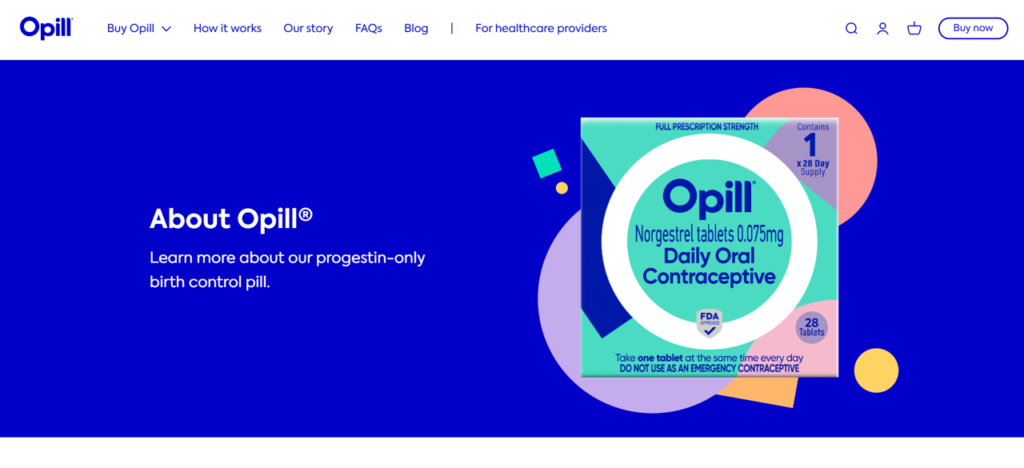
The Opill is a birth control pill available to U.S. consumers without a prescription.
CNN reported that the first over-the-counter contraceptive pill went on sale direct-to-consumers a week ago. That day, 18 March, a U.S. consumer could go online to the Opill website or to Amazon to buy the pill via a one-time purchase or ongoing subscription.
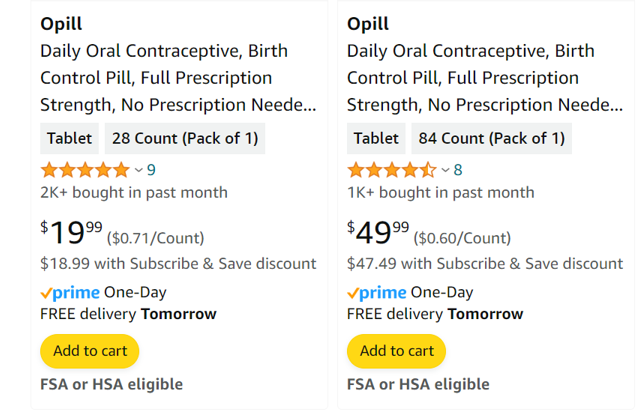
See here a screenshot from Amazon’s website today, selling the Opill for a one-time purchase of $19.99 for a 28-count pack, or discounted for a 3-month 84-count for $49.99 for a $10 savings in bulk. Free delivery would arrive “tomorrow” via Prime.
For more about the Opill’s launch and history to get to market, see my post from July 2023 here on Health Populi.
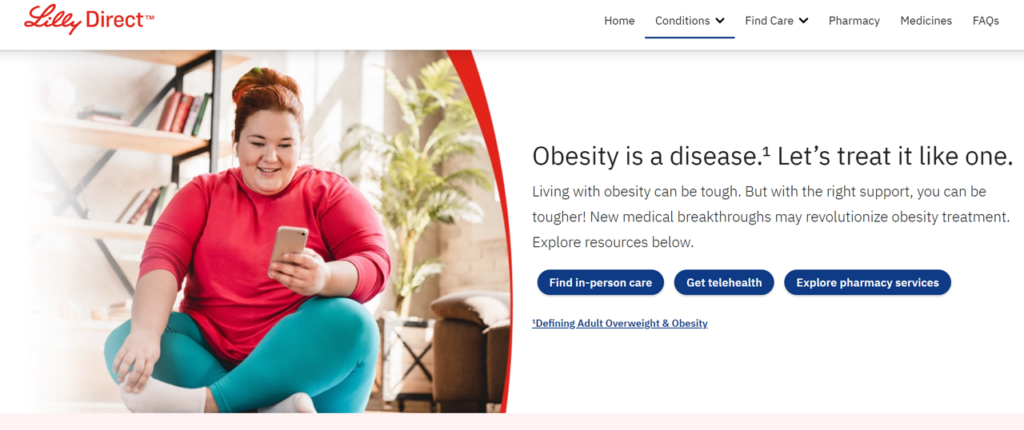
As of March 2024, there are many ways for consumers to access GLP-1 medicines online. We’ll focus on Lilly Direct here, recognizing other on-ramps such as Noom, PlushCare and Ro, among many others (see below).
Amazon Pharmacy announced its alliance with Lilly Direct on March 13, establishing the Amazon channel as a third-party dispensing provider for LillyDirect Pharmacy Solutions that deliver prescriptions directly to patients homes. In addition to meds for diabetes and obesity, the program will also dispense Lilly’s migraine medications through the platform direct-to-patients front doors.
If consumers choose, they can access Amazon Pharmacy clinical pharmacists on a 24/7 basis to ask questions about medications or their conditions. This could be especially helpful to patients newly-diagnosed without access to retail pharmacies in their communities.
Note on the Lilly Direct website clipped here that a consumer can click on “find in-person are,” “get telehealth,” or “explore pharmacy services.” Further down the page Lilly expands these options for a full omni-channel experience to enable the patient dealing with obesity to select the kind of support and access they want for themselves.
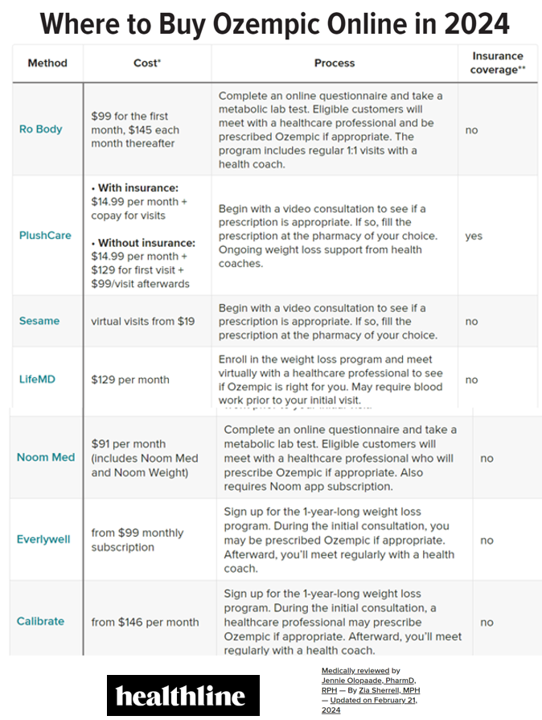
In late February 2024, Healthline reviewed several online sites selling Ozempic (one of several popular GLP-1 medicines on the market). A screenshot of part of this evaluation is shown here, describing seven sites by cost to the consumer, process of evaluating-prescribing-ordering, and whether health insurance would cover the consumers’ cost of the medicine (generally, “no”).
The list of online platforms providing consumers access to the GLP-1 medicines continues to grow: here, we see various flavors of providers including,
- Noom, which is known for its weight-loss app now adding the drug regime into the service portfolio
- Everlywell, with a core business of DTC lab testing offering a 1-year weight loss program and ongoing health coaching, and,
- Sesame, a telehealth company built on virtual visits which would serve up a prescribing physician, then advising the consumer-patient to fill the Rx at a pharmacy of their choice,
and other models and workflows.
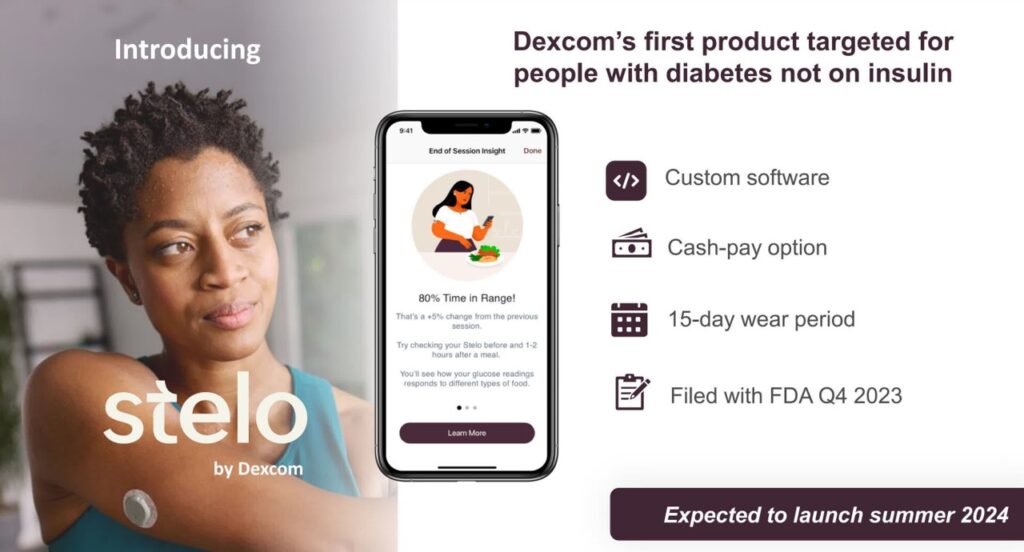
The first continuous-glucose monitor that does not require a prescription was approved by the FDA on March 5, 2024. Stelo expects to come onto the market this summer, meant for people with diabetes who are not on insulin.
Jeff Shuren, MD, JD, director of the FDA’s Center for Devices and Radiological Health, asserted in the FDA approval announcement,
CGMs can be a powerful tool to help monitor blood glucose. Today’s clearance expands access to these devices by allowing individuals to purchase a CGM without the involvement of a health care provider.”
He added,
“Giving more individuals valuable information about their health, regardless of their access to a doctor or health insurance, is an important step forward in advancing health equity for U.S. patients.”
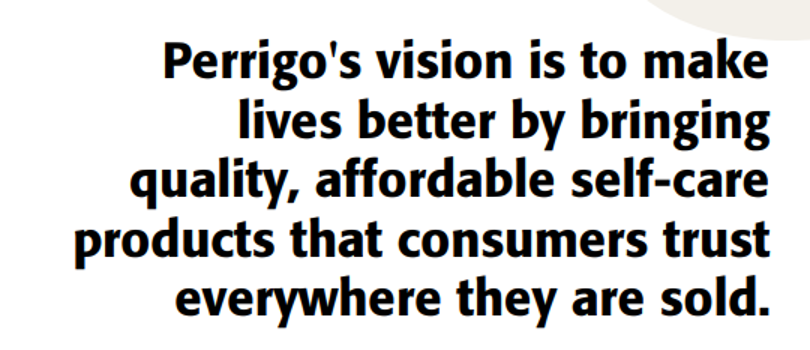
Health Populi’s Hot Points: Note the language in the last paragraph of FDA’s press release on the Dexcom CGM approval:
“As part of the Center for Devices and Radiological Health’s strategic priority to advance health equity, CDRH will continue to support innovation that addresses health equity by moving care and wellness into the home setting.”
This is the promise of DTC/DIY health care: addressing health equity and moving care and well-being to the home.
As Perrigo’s statement published when Opill was FDA-approved stated, “Perrigo’s vision is to make lives better by bringing quality, affordable self-care products that consumers trust everywhere they are sold.”
This DTC/DIY health care marketspace is built on consumers’ trust in the products and organizations enabling folks to self-care….surely affordability is part of the trust-equity, but pay attention to convenience, accessibility, and empathy as part of the value propositions.
The uncertainty to consider here, which I’m incorporating into some scenario planning I’ll unveil during my upcoming AHIP panel in June in Las Vegas, is what a health consumer’s future without that “access to a doctor or health insurance” that Dr. Shuren called out in his FDA statement, would look like….and what it would mean for the future of health care in, say, 2030. Stay tuned!


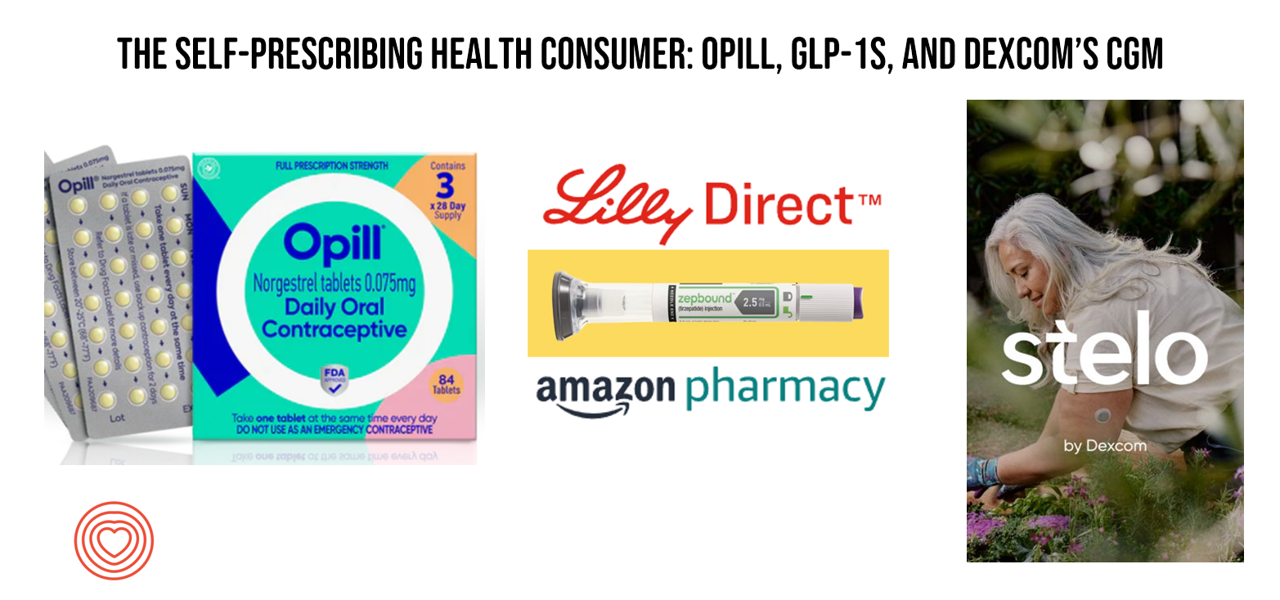


 I was invited to be a Judge for the upcoming
I was invited to be a Judge for the upcoming 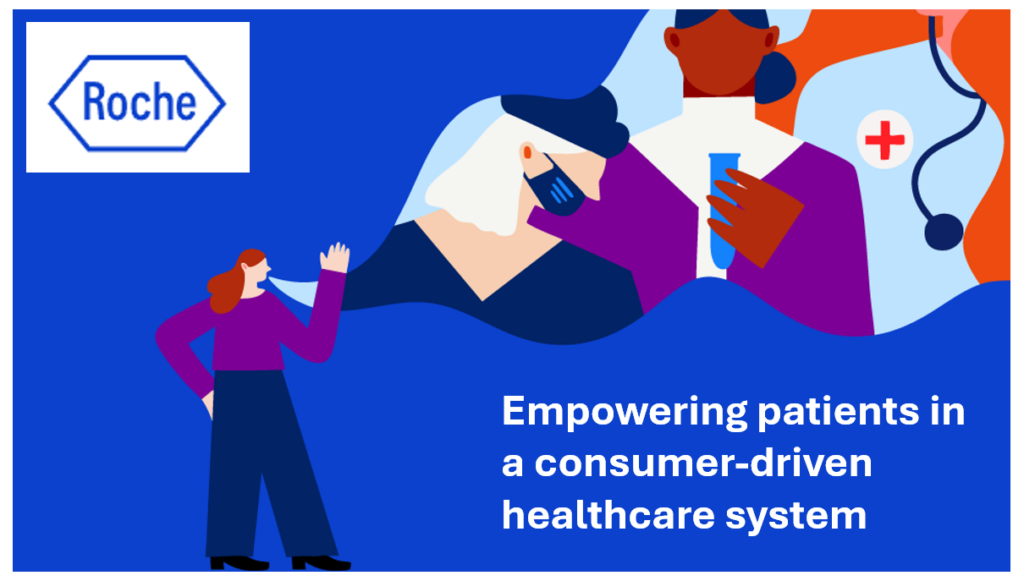 Thank you Team Roche for inviting me to brainstorm patients as health citizens, consumers, payers, and voters
Thank you Team Roche for inviting me to brainstorm patients as health citizens, consumers, payers, and voters  For the past 15 years,
For the past 15 years,